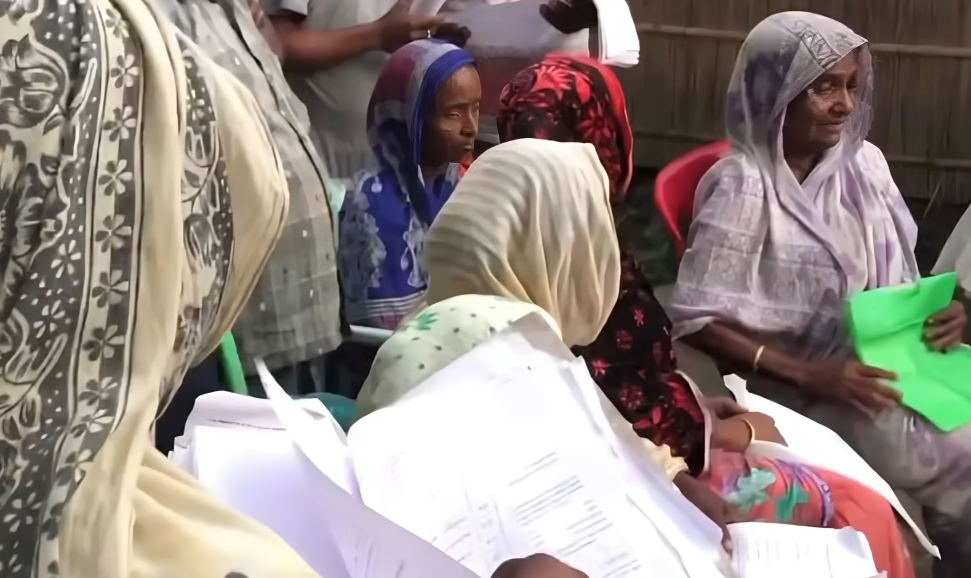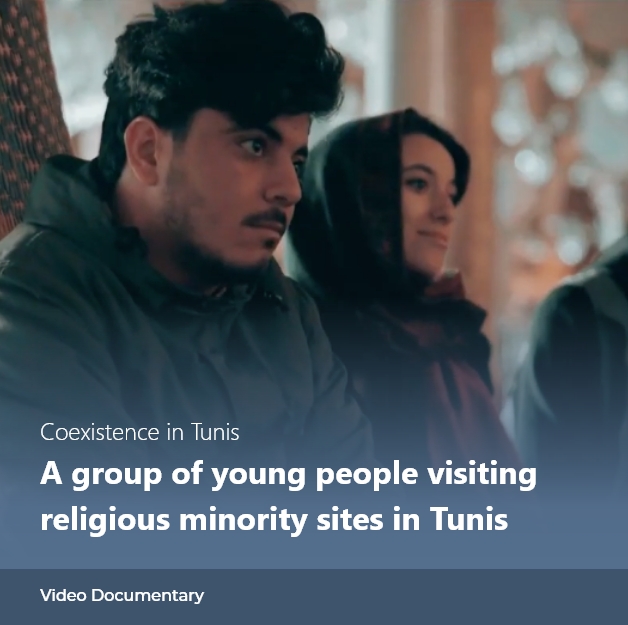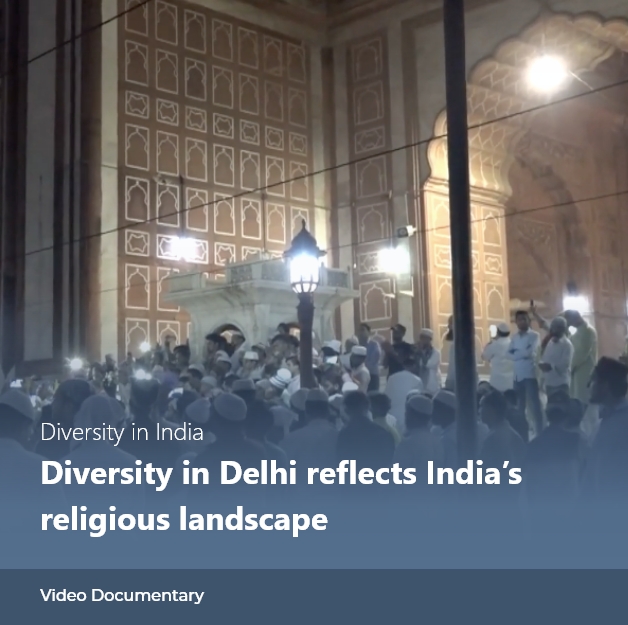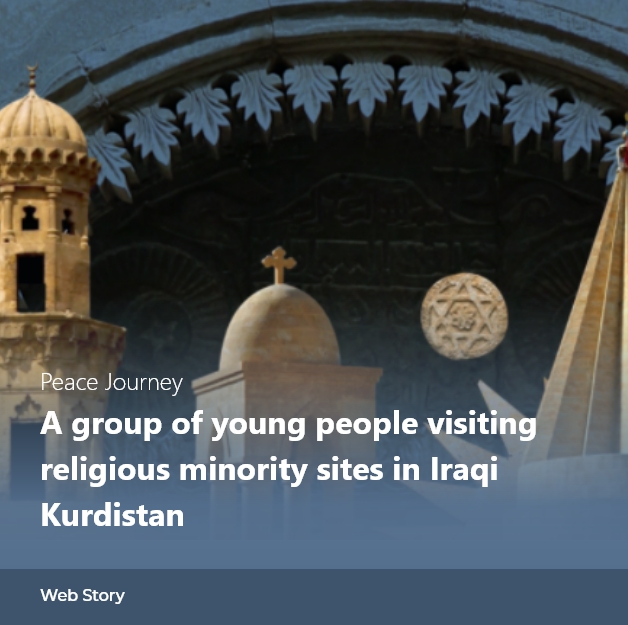
Topic Introduction
States must follow human rights standards to prevent arbitrariness and statelessness. Discrimination on religious grounds is prohibited. How can comparative studies help identify root causes to discrimination on such grounds?
Course: National Identity & Citizenship
Identifying various factors that influence the right to citizenship for religious minorities through digital tools (UPCOMING)
This online course examines the interplay between religious and national identity, statelessness and citizenship in conflict-ridden societies, particularly in South-East Asia.

India’s Citizenship Amendment Act 2019
In December 2019, the Government of India passed the Citizenship Amendment Act (CAA), that stirred controversy and protests across India. Protesters referred to the secular constitution of India and to the respect for religious diversity in their critique. This film helps understand why the act is so contentious.
The CAA was particularly contested in Assam where a National Register of Citizens (NRC) was already being updated.
The NRC process in Assam revealed that a vast number of persons who were excluded from this register had long term relations to India, many also with parents born in the country. In practice many Muslim women were particularly affected.
These policy briefs discuss whether CAA comply with the principles of rule of law and international human rights, or if the criteria to prove one’s citizenship result in arbitrariness and discrimination towards Muslims in particular. They also address how women are particularly vulnerable when asked to prove their citizenship, with potential risk of statelessness.
Related Resources
Find digital tools produced in cooperation with partners and researchers from different regions.
Explore More Tools
Filter all resources based on topics, cases and media types












